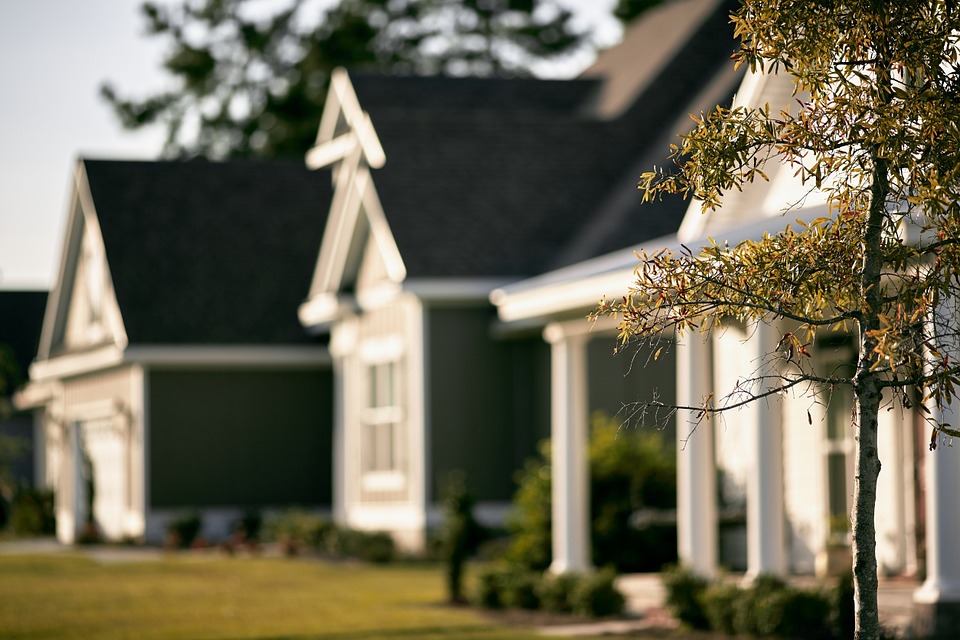The fact that interest rates have dropped to near historic lows as the rents continue to sky rocket in most urban set ups, buying a home seems to tilt the balance to its favor. The reports by Trulia also suggest that for renting to become cheaper than buying, the 30-year fixed mortgage must hit at least 5% in Los Angeles and 5.1% in New York City. However, the mortgage rate has hit a low of 3.17%, making the projection unattainable, at least in the near future.
As much as the statistics favor home buying over renting, for many Americans, the financial tradeoff may not be easy. Numerous advantages come with home ownership, not to mention the tax deductibles on your mortgage interests. But if you don’t carefully analyze your financial situation and make informed choices, home ownership can turn into a financial nightmare.
The most critical component of your decision-making process should be your financial stability. You need to ask yourself key questions like: How stable is your job? How likely are can you get a pay raise or promotion over the coming years? Is your job likely to shift locations or cities? How stable is your marriage or relationship? Is there a possibility of splitting up or divorcing that may occasion untimely disposal of the home? And so on. If the answer to one or more of your questions indicates doubts on whether you will maintain the house within the next five years or more, then it would be pointless to commit yourself, regardless of the mathematics.
Change of Cities
If the nature of your job or appointment involves frequent relocation or change of cities, you may need to evaluate between buying and renting. Many home owners have suffered the cost of servicing mortgages for homes they do not live in. They even spend more resources in renting homes in their new location. Their efforts to sell may be thwarted when the timing coincides with the market lows when the mortgage interest rates rise, wiping out their equity and savings.
Financial Situation
Many Americans are living under strenuous financial situation and may not be in a position to save enough for the down payment. You need to analyze your individual financial status. The ultra-tight real estate markets like San Francisco even make it harder for aspiring home owners.
Home Insurance Costs
It is important to know that homeownership doesn’t stop with the acquisition of the mortgage. You’ll need money to settle your property taxes, and the mortgage company will require a proof of home insurance policy. When you rent a house, your landlord will cater for property insurance in addition to some utility bills like water, heating, or power. However, you may need to provide for your rental insurance, which is much more affordable. The policy still provides good benefits of homeowners’ insurance, except that it doesn’t cover the building structure.
Home Maintenance Costs
As a homeowner, you take responsibility for all your maintenance costs like fixing a leaking roof, the parading ants over your kitchen cabinets, broken toilet bowls, electrical breakdowns, and much more. And then there’s the dirty task of mowing your lawn, cleaning the compound, painting the walls, etc. When you decide to rent, most of these tasks will be done by the landlord or an appointed agent.
Bottom line
While it’s true that reduced rates are quite tempting to potential home buyers, you shouldn’t use the statistics to make costly purchases that could turn problematic. You can consider renting affordable housing alternatives like studio apartments as you put aside substantial savings for future investments. That way you’ll be able to make much larger down payment when the markets can’t offer better mortgage rates.
If you borrow less and give a huge down payment, the banks and the property sellers will prefer you over your competitors in a bidding situation. Additionally, your house will appreciate much faster in value as interest rates reduce, cutting down your financing costs.


